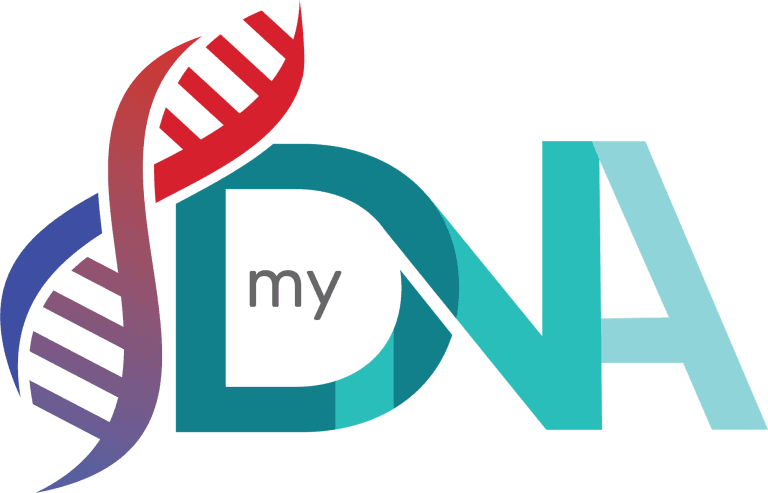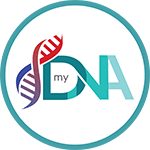Why Predictive Genetic Testing Matters
Early Detection and Prevention
One of the greatest benefits of predictive testing is early detection. For example, individuals carrying BRCA1 or BRCA2 gene mutations face a significantly higher risk of breast and ovarian cancer. By knowing their genetic status, they can undergo more frequent screenings, adopt preventive strategies, or even consider prophylactic interventions.
Cancer is a leading cause of death in Singapore, with breast, colorectal, and lung cancers among the most common. According to Cancer.org, individuals with a family history of cancer can reduce their risk through lifestyle changes and regular monitoring.
Personalised Health Strategies
Predictive testing allows healthcare providers to tailor recommendations based on your genetic profile. Diet, exercise, and preventive medications can be personalised to optimise your health outcomes.
For instance:
- Someone genetically predisposed to diabetes may benefit from a low-glycemic diet.
- Those at higher risk of cardiovascular disease may need targeted exercise programs and cholesterol management.
By leveraging DNA insights, preventive health becomes precise, rather than generic.
Family Health Insights
Genetic risks are often hereditary. When one person is tested, it can provide valuable information for relatives. If a parent carries a high-risk mutation, children may also carry it. Family members can then pursue early screenings or lifestyle interventions, creating a proactive health chain across generations.




